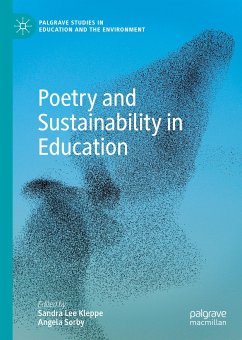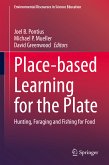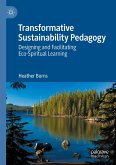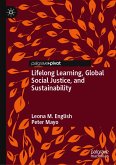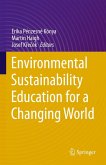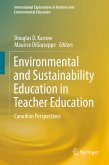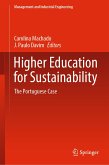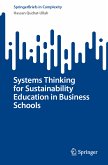This edited collection offers educators at all levels a range of practical and theoretical approaches to teaching poetry in the context of environmental sustainability. The contributors are keenly aware of the urgency facing the planet's ecosystems-ecosystems which include all of us-and this volume makes the case that teaching poetry is not a luxury. Each of the book's three sections works from a specific angle and register. Part I focuses on pragmatic approaches to classroom activities and curricular choices; Part II considers policies and politics, including the role of the UN's Education for Sustainable Development (ESD) program; and Part III takes a widescreen view, exploring the philosophical issues that arise when poems are integrated into sustainability curricula. This book exemplifies how poetry empowers readers to think imaginatively about how to sustain-and why to sustain-our world, its resources, and its beauty.
Sandra Lee Kleppe is Professor of English-language literature at Inland Norway University. She is author of The Poetry of Raymond Carver: Against the Current (2013), editor/co-author of Ekphrasis in American Poetry: The Colonial Period to the 21st Century (2015), and co-editor/co-author of Poetry and Pedagogy across the Lifespan: Disciplines, Classrooms, Contexts (with Angela Sorby, 2018).
Angela Sorby is Professor of English at Marquette University. Her prior books include Distance Learning (1998); Schoolroom Poets (2005); Bird Skin Coat (2009); The Sleeve Waves (2014); Over the River and Through the Wood (with Karen Kilcup, 2013); and Poetry and Pedagogy Across the Lifespan (with Sandra Kleppe, 2018).
Dieser Download kann aus rechtlichen Gründen nur mit Rechnungsadresse in A, B, BG, CY, CZ, D, DK, EW, E, FIN, F, GR, HR, H, IRL, I, LT, L, LR, M, NL, PL, P, R, S, SLO, SK ausgeliefert werden.

